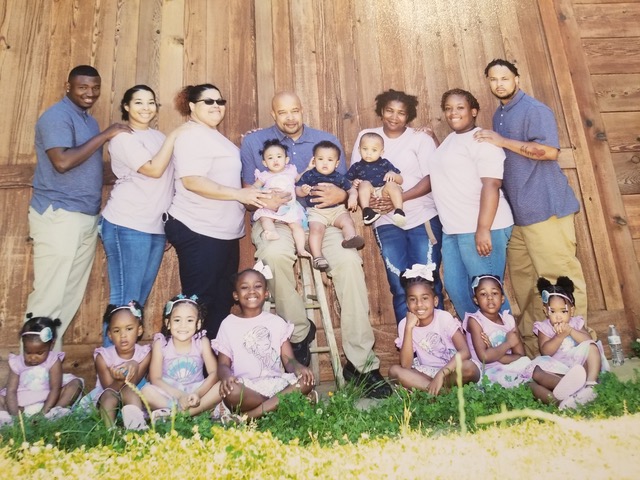Regina Dove Herron never thought the coronavirus pandemic would find its way to her door.
She and her family live on a two-acre lot, off a partially dirt road, outside Louin, a Mississippi town of fewer than 300 people.
When schools closed in March, the Head Start teacher was able to stay home and take care of her 10 grandchildren, while her son and daughters worked frontline jobs.
That same month, Mississippi reported its first case of COVID-19. By April the virus had sickened Herron, her mother and her husband, a hospital worker. Her sister, a nurse, contracted the virus later that spring.
“The pandemic makes me worry more and pray more,” said Herron, 48. “I’m just thankful to God that my 75-year-old mother recovered and that my children and grandchildren didn’t get it.”
Initially spared as the pandemic ravaged the nation’s urban centers, many rural communities have become hot spots. For so many Black women living in those communities, the accumulated stresses from decades of systemic racism, high poverty rates and their roles as primary caregivers—and often breadwinners as frontline workers—have made them perfect targets for COVID-19.
Of the 20 U.S. counties with the highest COVID-19 death rates, six are in Georgia and Mississippi and two are majority black rural counties in Georgia, according to the COVID Tracking Project.
Rural residents tend to have higher rates of chronic health conditions, such as asthma, diabetes, hypertension and cardiovascular disease, than urban dwellers, making them more susceptible to severe cases of COVID-19.
At the same time, many rural areas have under-resourced health-care systems, with fewer intensive care beds and doctors who specialize in critical care.
The situation is especially precarious for Black women, who tend to have more underlying health conditions, face bias in the health-care system and are less likely to have health insurance.
To cope, a growing number of Black women in rural communities are turning to mutual aid networks to help struggling families, especially where communities feel the government’s pandemic response falls short.
“On one level, COVID-19 has been devastating,” said LaTosha Brown, co-founder of the Black Voters Matter Fund. “But the beautiful thing about Black people, and the Black community in particular, is that we have always been the ones to come to our aid in crisis.”
Continue reading this article at Fierce for Black Women






